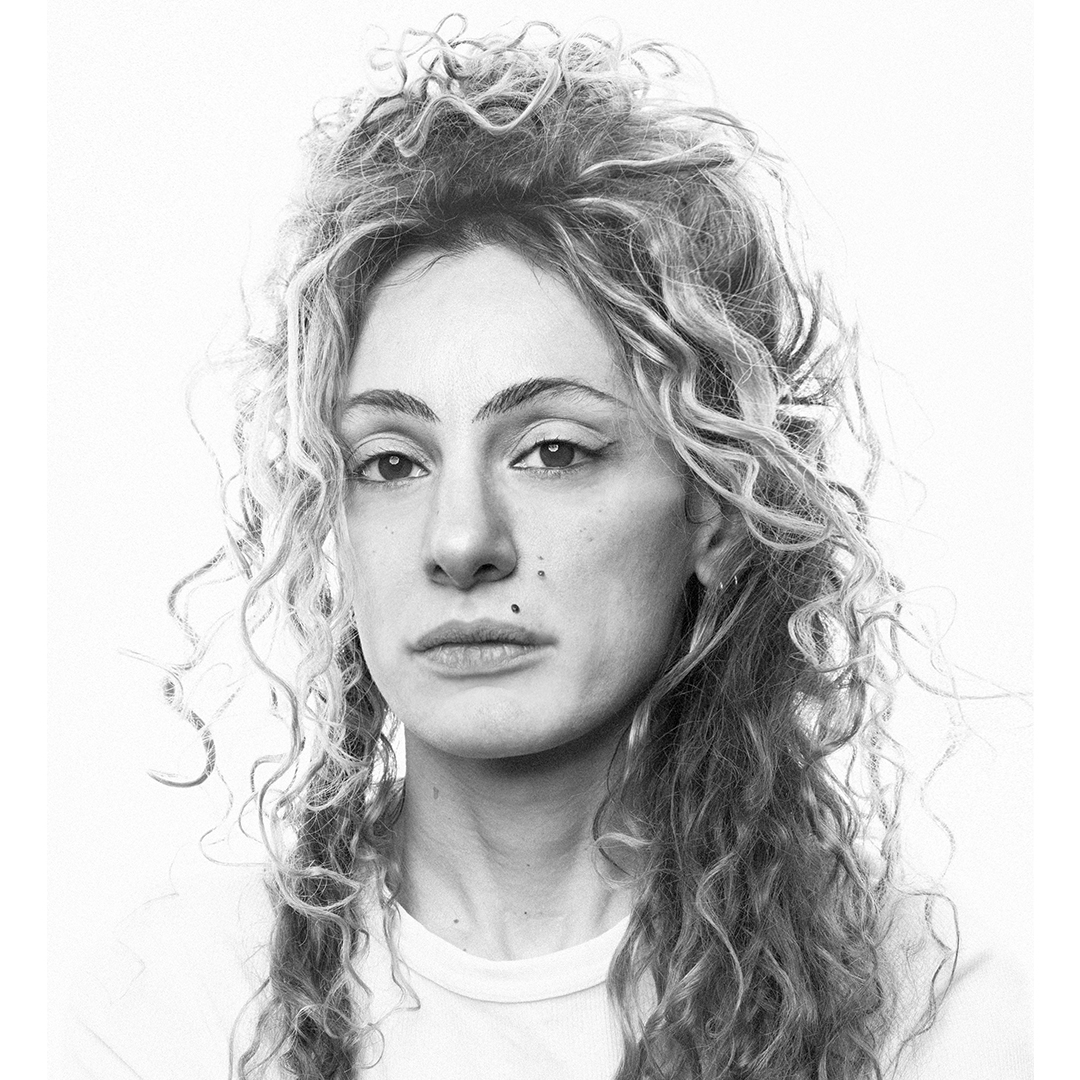
Daro Sulakauri
Shifting Borders, 2008-2024
Photography series, digital printing; 20 x 30 cm (http://www.shifting-borders.com/)
Imagine waking up one morning to find out that your bedroom is now located in a
different country. Literally. While your living room and kitchen are still in the country where you fell asleep…overnight the border has been unofficially ‘redrawn’ by the occupying forces from a hostile northern neighbour. Such nightmarish vulnerability has been horribly real for thousands in the South Ossetia region, a part of my homeland in the country of Georgia. Russian occupation and the occupiers’ shifting of so-called administrative “borders”
in South Ossetia continues daily to encroach on Georgian territory. No one really
knows where the line is, it is so mutable, and in many places, it remains completely unmarked. When out for a walk, villagers on the Georgian side of the “border” can find themselves in Russian-occupied territory without realizing it, resulting in Russian border guards arresting them. As Russia-backed forces nudge the border further into Georgian territory, thereby de facto annexing more land, Georgia continues fighting an uphill battle to maintain its territorial integrity.
This phenomenon of ‘creeping borders’ can impact the lives of anyone living in
proximity to Russian-occupied territories without warning – something being newly experienced in extreme ways across Ukraine’s Donbas region – and tragically, it has impacted daily life for decades in Georgia, my homeland.
It’s a battle that’s been fought for centuries. Growing up in the 90’s in Georgia, my
generation has borne witness to drastic upheavals and many important changes –
protests and mass demonstrations for social change, civil war, revolution, and the 2008 Russian-Georgian war – in what is still an ongoing conflict today, as boundaries of occupied territories are being continuously manipulated by occupying forces.
Dear Reader,
The reason for this letter is for you too understand what the Russian occupation means, how it separated families and the people we love the most. The Russian occupation separated me and my grandparents. My grandfather died fighting the Russian occupation. But, fortunately, my grandma is alive and I believe someday the barbed wire fence will be demolished. I have one grandma left and she is very ill, so sometimes during the school holidays, I sneak into the Russian occupied territory. When the Russian guards are not inside the hut nearby, I jumped over the barbed-wire fence to care for my grandmother. I am scared to death, but with fear I still go to see her. One day the doctors called me and told me that grandma is very sick, so I again had to put my fear aside and started my journey by foot from my home, in a village nearby. The road is 8 km, it takes 3-4 hours to get close to the barbed wire-fence to Khurvaleti village, I had to hide from the Georgian border police as well, because the road is dangerous and if they see me they will not allow me to continue my journey, because it is too dangerous.
I had to walk very quietly, sometimes crawling hiding under the corn bushes. I finally arrived to the occupied territory, there is one place where the fence is low, so I found a flat wooden log which I placed on the barbed wire. I stepped on it and the jumped on to the Russian controlled territory. I was very scared, but love kills the fear. I ran to grandma’s house which is located very close and when I went inside the house, I saw my grandmother on the floor, she fell, for god knows how long and could not get up or reach her bed. I grabbed her right away and pulled her up the bed, she was frozen, it was winter. She could not understand who I was, but once she felt safer she recognized me and felt joy. We hugged each other. She was very hungry because she had no strength to cook herself anything, so I boiled her tea, and gave her bread with butter. She felt alive again and started to tell me her stories. Throughout the week I gave her medicine and after a few days she felt better. This was one of my journey sneaking into “Russia”, but in reality I sneaked in my own country, on my own land. I believe this occupation will end soon, I have hope that by the help of Europe we will gain our lands back. I want to believe that one day we will be able to hug our loved ones without sneaking over the barbed-wire fences, in the fear the Russian backed militants will catch us and arrest us.
Dato Vanishvili, 14 years old.
Khurvaleti Village
